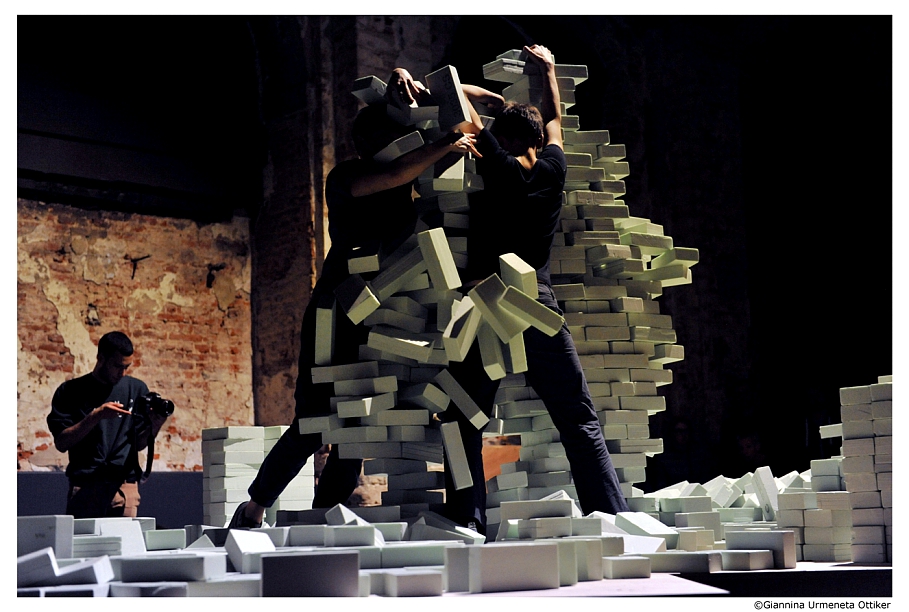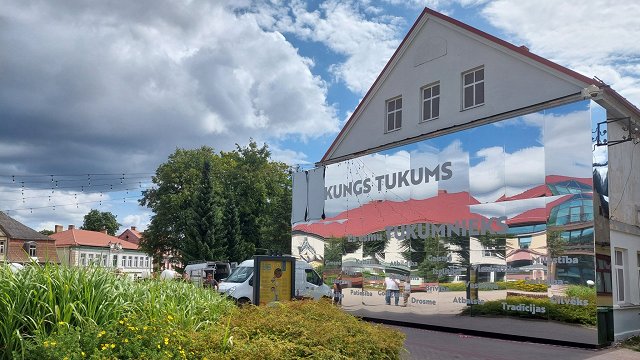As the aptly named Homo Novus (Romanspeak for 'New man') is growing up - but it's far from adulthood, organizers say - this year it'll be dedicated to the often challenging experience of putting on years.
But luckily growing up includes not only Woe, as the eponymous play with three teenagers trying to find words for their stories of abuse will show, but also Discovery, as local teenagers will guide adventurous adults through the Zolitūde area in Rīga, sharing stories and experiences during a night walk.
Meanwhile, Elmārs Seņkovs' play Me Me Generation will feature hearty conversations with five high school children of the accordingly named generation.
"It was a meeting, an event, a dialogue with a new person. It was unexpectedly exciting, I don't know why I was so worried. They were, too. But we talked a lot, and one thing I learned, was that they told me what's a lohs (a very loosely definable swear word in Latvian). And no one of them wants to be a lohs. And afterwards our conversation become much more relaxed and interesting," Seņkovs told Latvian Radio, remembering the staging of the play.
Other performances and installations will be staged both in theaters as well as in abandoned plants, where you'll be able to experience modern dance and audio-visual installations, such as Voldemārs Johansons' Thirst, which gives a feeling of being in an oceanic storm, though with the benefit of safety.
"This year the program stresses the documentary theater that's popular in Europe, frequently using nonprofessional actors. For example, the French play 81 Avenue Victor Hugo has eight immigrants telling their stories about survival and their way to Europe," said Gundega Laiviņa, the artistic director of the festival.
For many events attendance is free, and most of them can be experienced even if you don't know Latvian.



























